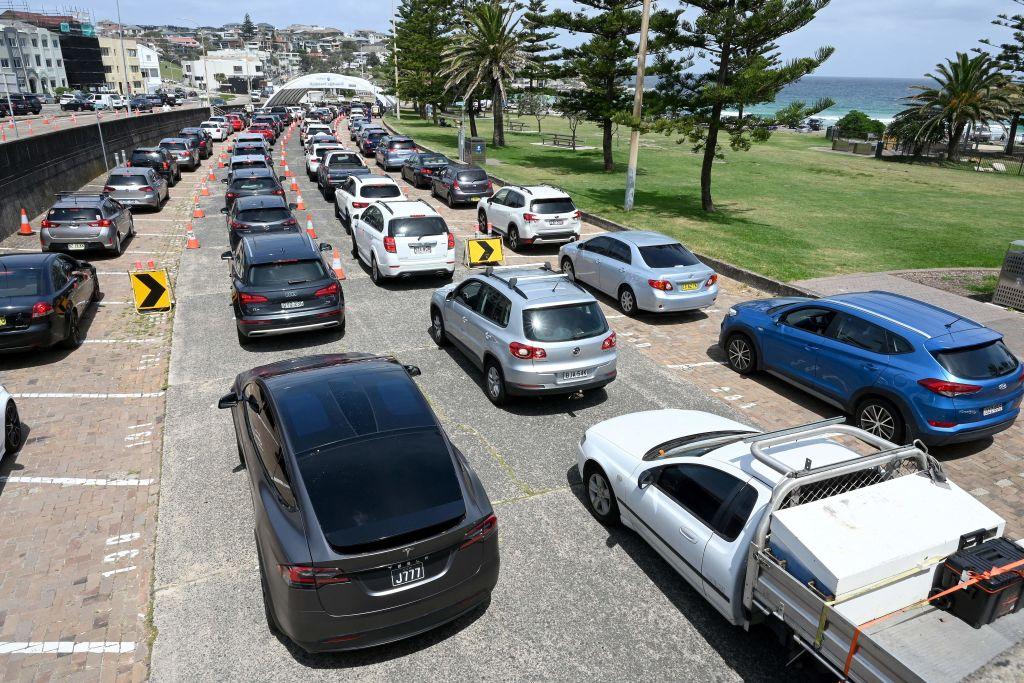New South Wales Labor will cap road tolls at $60 a week if it wins the March state election, as the party seeks to overhaul the bloated toll network and press infrastructure operators for a better deal.
Over 50,000 drivers would be better off under the plan, saving around A$147 million (US$101.62 million) over its initial two-year lifespan, the party said.





